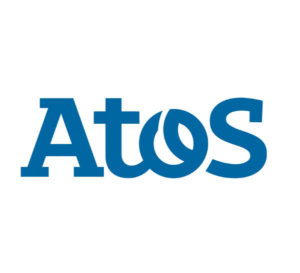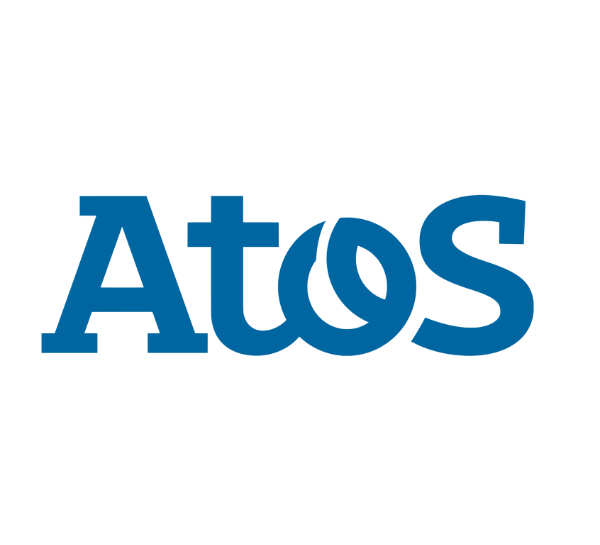 Atos reports that the company is bringing its technology leadership, skills and innovation resources to the global fight against Covid-19. Through several direct and partner-led initiatives across the globe, Atos is engaged on multiple fronts, providing solutions and computing power to help contain the spread of the virus, support the scientific community, accelerate vaccine research and ensure business continuity for critical activities.
Atos reports that the company is bringing its technology leadership, skills and innovation resources to the global fight against Covid-19. Through several direct and partner-led initiatives across the globe, Atos is engaged on multiple fronts, providing solutions and computing power to help contain the spread of the virus, support the scientific community, accelerate vaccine research and ensure business continuity for critical activities.An effective response to COVID-19 requires global action and collaboration between public and private actors,” said Elie Girard, Atos CEO. “We are proud to be helping those working intensively on the frontline in an effort to counteract the pandemic by sharing our resources and solutions. We are now in uncharted territory, but Atos’ commitment and willingness to help citizens live and work sustainably and confidently in a changing digital landscape during the pandemic and in the long term, remain intact.”
Helping local authorities contain the spread of the virus
The increasing mobility of the population makes containment of diseases harder and the need to act quickly and effectively is essential at every level.
Leveraging its public sector and healthcare experience, Atos has designed EpiSYS, an Epidemic Management System (EMS) which gives healthcare professionals a precise overview of an epidemiological situation by storing and managing all patient data and data related to the virus, including tracking and tracing patient incident reports, in real-time. EpiSYS was adopted in Austria in early March to help control the spread of Covid-19 and take strategic decisions in the current crisis.
Mobilizing supercomputers and machine learning to speed up research
Atos’ high-performance computers can count thousands of times faster than standard computers. Whether they are used for simulation, to build predictive models, analyze the progress of the disease or develop new treatments, these powerful machines are performing very demanding calculations that prove to be essential in today’s race against the clock.
Atos’ supercomputers are at work around the world. Two of the most powerful supercomputers in France, Joliot-Curie, operated at the CEA’s supercomputing center (TGCC), and Occigen, operated at CPU’s supercomputing center (CINES), are providing urgent computing access to large computer resources to European research teams involved in the fight against COVID-19.
In the UK, Atos’ BullSequana supercomputer at the Hartree Centre is providing computing power to run simulations of Covid-19 protein behavior. In addition, the JADE national AI supercomputing facility provided and managed by Atos is being used by UK researchers from the Universities of Oxford, Cambridge and Southampton working in the area of biomolecular simulations. This supercomputer, owned by Oxford University and hosted at the Hartree Centre, part of the Science and Technology Facilities Council (STFC), contributes towards efforts in the development of a vaccine against SARS-COV2, anti-viral drugs and to better understand the molecular architecture of the virus and how it functions.
Similarly, Atos’ supercomputers in Brazil and the Czech Republic are also driving research around Covid-19.
Providing business continuity with safe and flexible digital environments
Atos’ technologies also play a critical role in preserving business continuity amid the pandemic. To answer the challenges that organizations are facing with home office becoming the norm, Atos has built and adapted a comprehensive workplace services offering and delivers end-to-end solutions, from remote management to wireless technology, while ensuring the security of any enterprise environment.
It is also essential to ensure government and public authorities are able to continue to supply basic daily needs for every citizen’s life. In the past weeks, Atos has been able to guarantee service continuity with QoS (Quality of Service) for power utilities and water supplies, like Scottish Water, in various countries thanks to an unwavering commitment and expertise in these industries.
Sharing our data science skills with the research community
Atos is taking part in the ‘Covid–19 Dataset Challenge’, an international competition launched by the White House, asking AI researchers to apply machine learning tools and techniques to help provide answer to key questions about the disease. Atos has a dedicated team of 10 experts working on the project.




